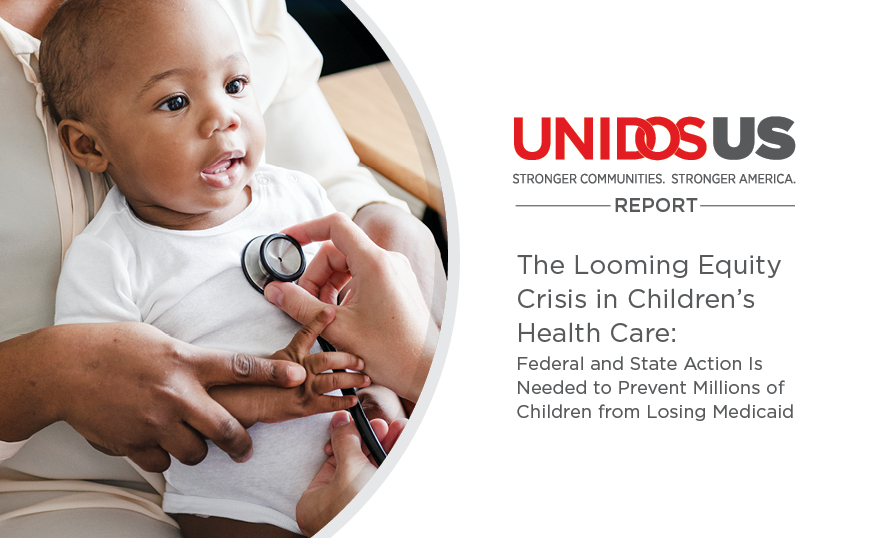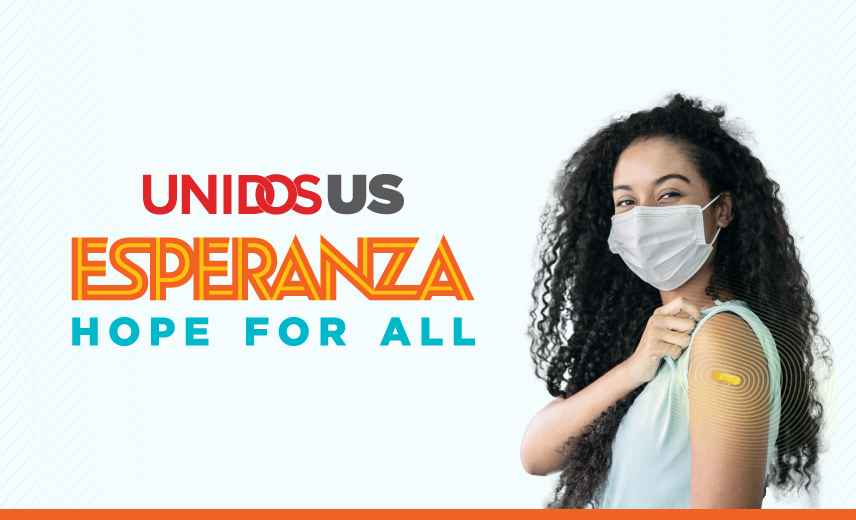Six Months into Unwinding: History’s Deepest Medicaid Losses Demand State Action

When Medicaid pandemic protections expired on April 1, 2023, states were allowed to redetermine eligibility and begin terminating families’ Medicaid for the first time since February 2020.
During the first six months of this “unwinding,” more people have lost Medicaid than during any two-year period in American history. More than half of the 10 million people terminated from Medicaid thus far are estimated to come from communities of color. And more than 70% of people terminated from Medicaid may still be eligible. Their coverage is ending because of nothing more than missing paperwork, often resulting from needless state-imposed red tape and bureaucracy.
The power of state policy to determine unwinding results is illustrated by one key fact: if all states had paperwork termination rates as low as the 10 best states, two-thirds of paperwork terminations would have been prevented, and 4.5 million people would never have had their Medicaid taken away because of state-imposed red tape and bureaucracy.
We support the administration’s efforts to enforce federal law. And we call on all states to reduce procedural termination rates to the lowest possible level. Until state elected officials have reformed their Medicaid systems so that they would trust them with their own families’ health care, we urge states to place on hold all terminations that result from nothing more than missing paperwork.
Contributing Organizations:
Asian & Pacific Islander American Health Forum (APIAHF), The Leadership Conference on Civil and Human Rights, NAACP, National Council of Negro Women (NCNW), National Council of Urban Indian Health (NCUIH), National Urban League, Southern Poverty Law Center Action Fund, Coalition on Human Needs, and Protect Our Care





